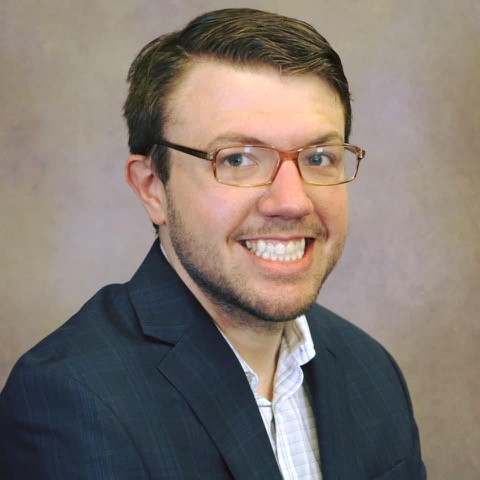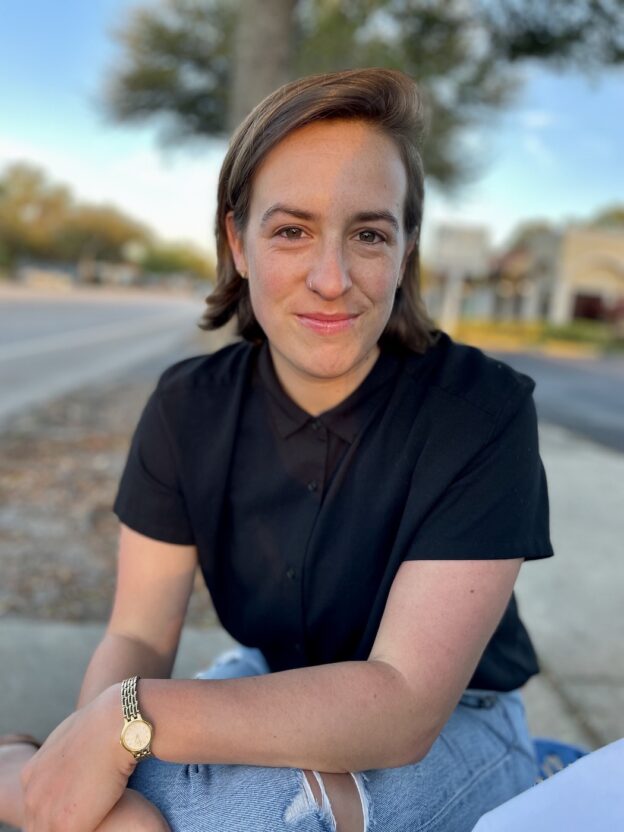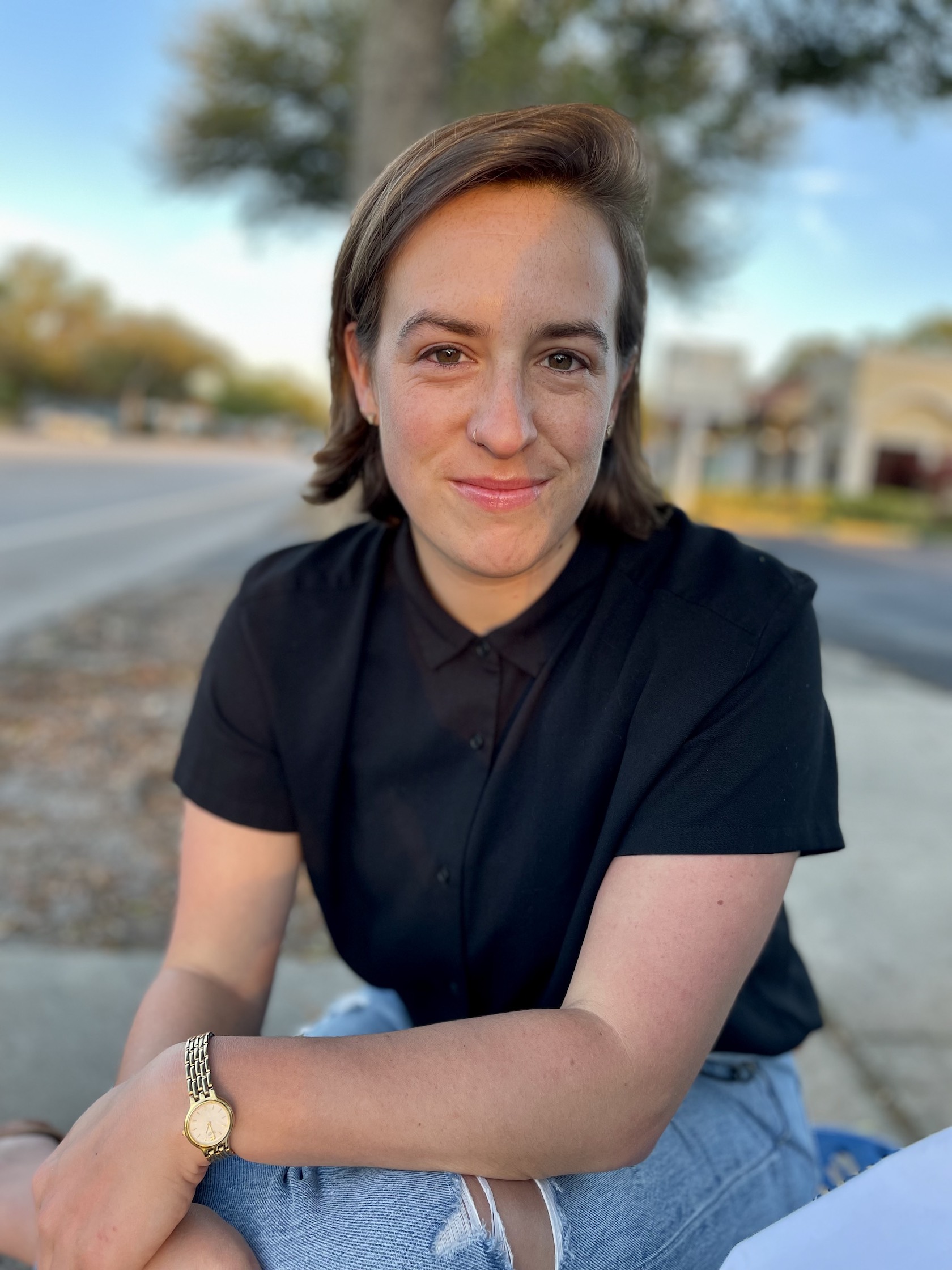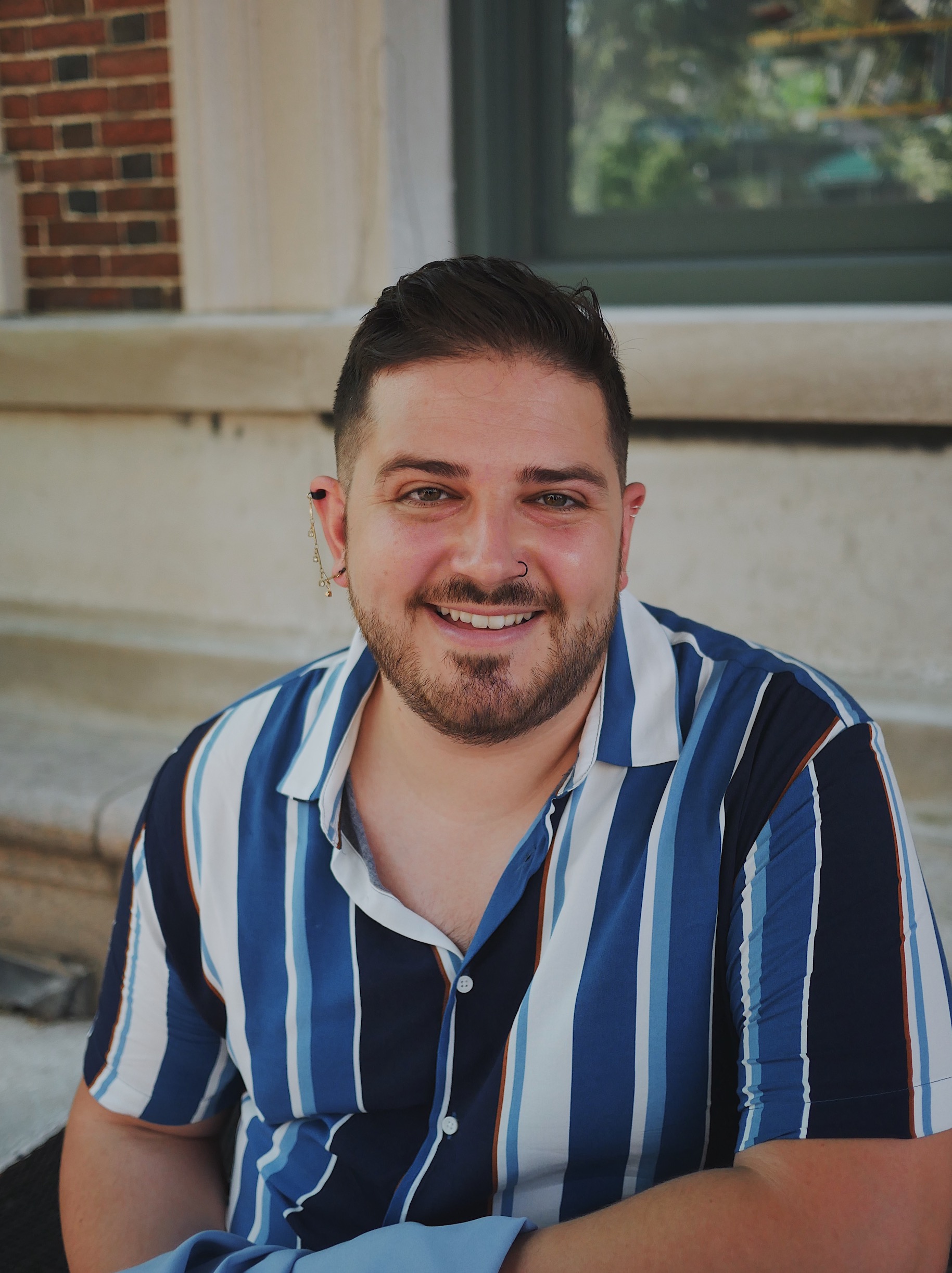This blog post is a part of a series developed by the APAGS Committee on Sexual Orientation and Gender Diversity (CSOGD) to celebrate LGBTQ+ graduate student leaders in psychology. If you are interested in learning more about APAGS-CSOGD and leadership opportunities within APAGS, please contact Emily Boswell (she/her).
What is your name and pronouns?
Jared Boot (he/him)
What is your program and year?
I am a third-year student in a Clinical Psychology PsyD program at The Michigan School of Psychology.
What brought you to CSOGD?
I wanted to make a difference for other LGBTQIA+ psychology students. I was inspired by the Trans Resource Guide, which aids students in advocating for inclusive campus environments, and I used that resource to implement changes on my campus. I was also a mentee in the LGBTQIA+ mentoring program and found that to be a meaningful experience that helped me gain confidence, connections, and feel affirmed as an LGBTQIA+ student. I wanted to join the committee and be a part of continuing to make a difference for LGBTQIA+ students, and it has been a privilege to work with other mentors and mentees to support the growth and development of other LGBTQIA+ students. I also sought to bridge CSOGD with other LGBTQIA+ healthcare organizations, particularly interdisciplinary organizations like GLMA, where I serve as a student board member and Co-Chair of the Health Professionals in Training Committee (HPiT). Some of their work related to curricular reform efforts to incorporating LGBTQIA+ content in health professional trainee curriculum is aligned with CSOGD’s mission.
What LGBTQ+ advocacy projects are you involved in?
My most recent advocacy project was advocating for and helping draft a position statement on the rights and dignities of asexual individuals from the American Association of Sexuality Educators, Counselors, and Therapists (AASECT). Asexual individuals often face stigmatizing and pathologizing experiences from healthcare providers, including psychologists, and hopefully, AASECT being the first healthcare organization to make a statement on affirming care for asexual individuals improves the experiences of members of that community. Another advocacy project I tackled during my time as the Chair of the World Professional Association of Transgender Health (WPATH) was related to increasing funding opportunities for students and trainees to attend WPATH conferences.
What are your research interests and experiences?
I recently finished a preliminary study assessing transgender competency for rural clinicians. This study looked at comparing rural clinicians who either completed a 10-hour general multicultural training or a 10-hour intensive transgender training and whether there were difference in transgender competency. Differences between groups were discovered, but only via the open-ended qualitative instrument and not through the Likert-based measure of transgender competency. This may have implications for the types of assessments used in competency trainings and whether we include material related to LGBTQIA+ individuals in multicultural courses or teach material related to affirming care for LGBTQIA+ individuals as an intensive stand-alone course.
My dissertation is focused on the unique minority stress factors, resilience factors, and their contribution to psychological distress among those holding the intersecting identity of asexual and transgender/gender diverse. This is an under-researched community within asexual research despite transgender and gender diverse folx identifying as asexual at up to ten times the number of cisgender folx who identify as asexual.
What are your clinical interests?
My primary clinical interests are gender and sex therapy and intuitive eating counseling. I was fortunate to go through training and certification through the World Professional Association of Transgender Health and the AASECT and find it especially rewarding to work with individuals looking to embrace their identity, whether it is as a person with a diverse sexual or gender identity or an individual seeking to affirm their size diversity through intuitive eating counseling.
What other interests do you have?
Taking care of, walking, and playing with my two sphinx cats, Horus and Cleopatra, and seeing musicals with my fiancé Aaron.






